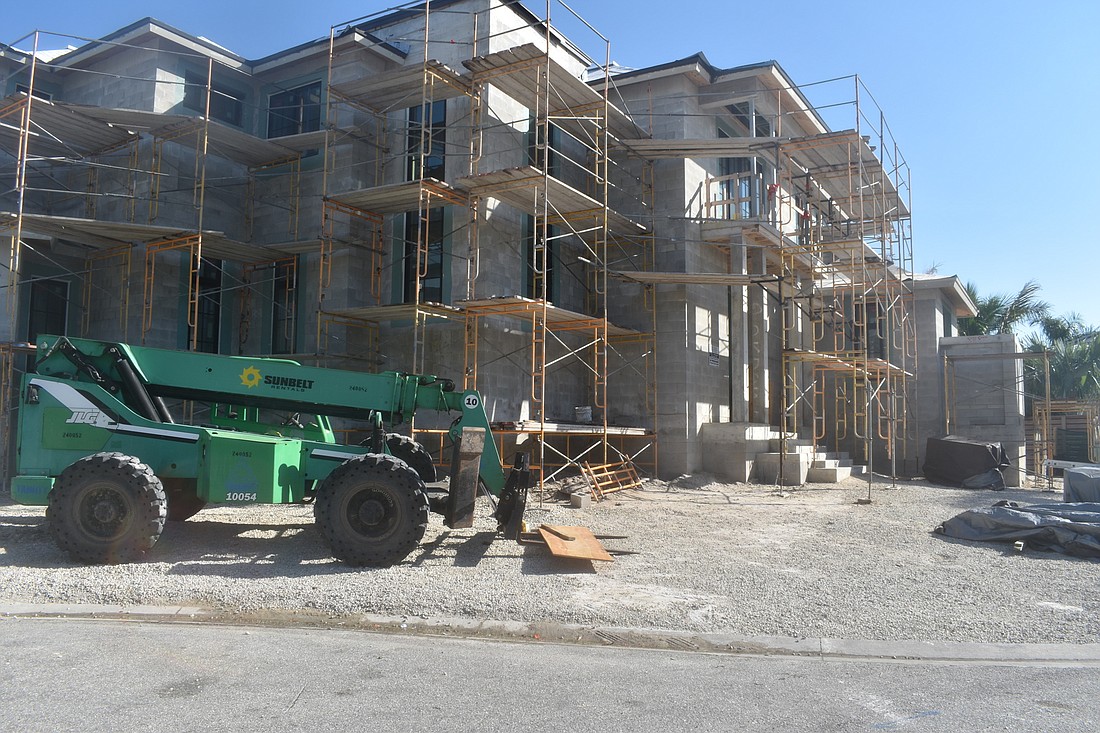- March 30, 2025
-
-
Loading

Loading

Fees paid by residents and contractors for building permits and other renovation- and development-related services are changing for the first time in nearly 10 years following an unanimous vote by the town commission.
“It’s something that we pay close attention to in terms of making sure that the fees that we’re charging for our services, for reviewing plans, going through the permitting process and then ultimately inspecting work that’s done, is fair, and that it generally covers the costs to provide those services,” said Planning, Zoning and Building Director Allen Parsons, who added the changes are the first since 2011.
Longboat Key retained BerryDunn in 2019 to assist in analyzing the town’s cost of providing building and permit fee-related services. The permitting and inspection work is performed by the building division, which operates as an enterprise fund, essentially intended to be self-sufficient. A building permit is required for new construction, renovations, the installation of heating and cooling systems, plumbing and electrical work.
The changes include several fee reductions and one increase, and a handful of new fees.
The increase will be for inspections of five or more windows or doors, from $60 to $100. Parsons said the increase is intended to address large condominiums that may replace dozens of windows at a time, resulting in more time for an on-site inspector.
“There can be hundreds of window replacements so each one of those window replacements has an inspection with it,” Parsons said.
The fee reductions include:
Mayor Ken Schneier asked Parsons whether the town had received complaints about permitting fees being too expensive or whether the work wasn’t being done because of the high fees.
“It’s more of the latter,” Parsons said. “From the staff perspective, we’re finding that on some of those it is taking us, in terms of the review and inspections, a little less time than what the charge is.”
Schneier also asked whether Parsons had calculated how the changes could impact the budget. Nearly a year ago, when the issue of permit fees first arose, the town estimated reviews and inspection fees accounted for about 74% of the actual cost of performing the service, something the town calculated was unsustainable in the long-term. Balanced against that is a state regulation banning local governments from charging more than what it costs to perform the review or inspection.
“No, but we operate from the perspective that we really can’t be charging more than what our costs are,” Parsons said. “We try to monitor what our costs are closely.”
Planning, Zoning and Building staff also sent notice to about 2,200 contractors that have done business with the town. Parsons said the contractors did not send the town any feedback on the proposed changes.
The changes commissioners approved took effect on Oct. 5.
New fees include: